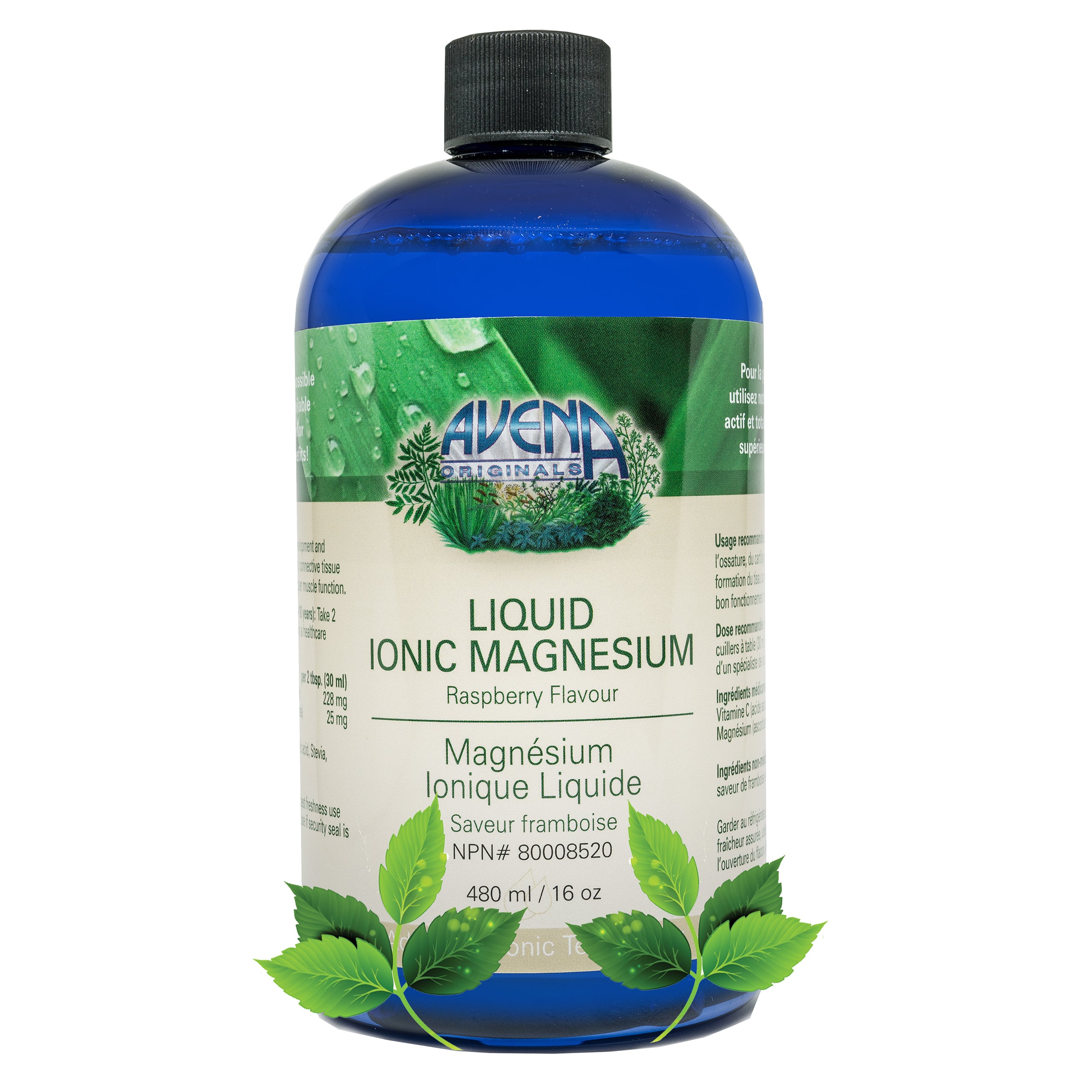

Premenstrual syndrome (PMS) is one of the most common conditions in female-bodied people of childbearing age. Magnesium supplements have been shown to enhance exercise performance in several studies, but results are mixed. However, more studies are needed, as some research suggests that supplementing doesn’t help athletes or active people with normal magnesium levels ( 6).

IONIC MAGNESIUM PROFESSIONAL
What’s more, one study suggested that magnesium supplements protect against certain markers of muscle damage in professional cyclists ( 9). In an older study, volleyball players who took 250 mg of magnesium per day experienced improvements in jumping and arm movements ( 8). One study in 2,570 women associated higher magnesium intake with increased muscle mass and power ( 7). Studies show that magnesium supplements may be particularly beneficial for improving exercise performance in older adults and those with a deficiency in this nutrient ( 6). Magnesium helps move blood sugar into your muscles and dispose of lactate, which can build up during exercise and cause fatigue ( 5). However, many people get less than they need.ĭuring exercise, you need more magnesium than when you’re resting, depending on the activity ( 4). Magnesium supports hundreds of chemical reactions in your body. adults get less than the recommended daily amount of magnesium ( 1, 3). Nonetheless, studies suggest that approximately 50% of U.S.

Energy creation: converting food into energy.It’s involved in more than 600 reactions in your body, including ( 2): One of its main roles is to act as a cofactor - a helper molecule - in the biochemical reactions continuously performed by enzymes. In fact, every cell in your body contains this mineral and needs it to function.Ībout 60% of the magnesium in your body occurs in bone, while the rest is in muscles, soft tissues, and fluids, including blood ( 1). Involved in hundreds of biochemical reactions in your body


 0 kommentar(er)
0 kommentar(er)
